The 1920s and 30s were a time when organized crime was an unseen hand playing a significant part in urban life across the country. In no city was that more evident than New York. At the time, law enforcement hadn’t made the connection between racketeering and petty crime. Then Eunice Hunton Carter came along.
Born in Atlanta in 1899, to activist parents, Carter became a social worker who practiced in New York and New Jersey for several years before earning a law degree from Fordham University Law School, the first black woman to do so. In 1935, she was appointed by New York Mayor Fiorello LaGuardia to study situations in Harlem. But soon her street smarts and work as a Women’s Court prosecutor with knowledge about prostitution cases, and a theory that the streetwalkers were connected to the mob, got her hired as an assistant district attorney under then-special prosecutor Thomas E. Dewey. Her investigative work showed that when prostitutes were arrested, they all seemed to have the same lawyers, bondsmen and alibis, leading her to theorize that prostitution was an organized racket.
to do so. In 1935, she was appointed by New York Mayor Fiorello LaGuardia to study situations in Harlem. But soon her street smarts and work as a Women’s Court prosecutor with knowledge about prostitution cases, and a theory that the streetwalkers were connected to the mob, got her hired as an assistant district attorney under then-special prosecutor Thomas E. Dewey. Her investigative work showed that when prostitutes were arrested, they all seemed to have the same lawyers, bondsmen and alibis, leading her to theorize that prostitution was an organized racket.
As it turns out, the investigation revealed that mob figures were providing these services to the prostitutes in exchange for 50 percent of their take, which brought in millions for the underworld. Dewey ordered raids on 80 brothels, arresting 100 prostitutes. Carter’s questioning of several resulted in evidence that led to New York’s most powerful mob figure — Charles “Lucky” Luciano, who was not found to be directly connected to the brothels, but gave a non-interference nod to its operation. Essentially this meant he was, in fact, a crime boss.

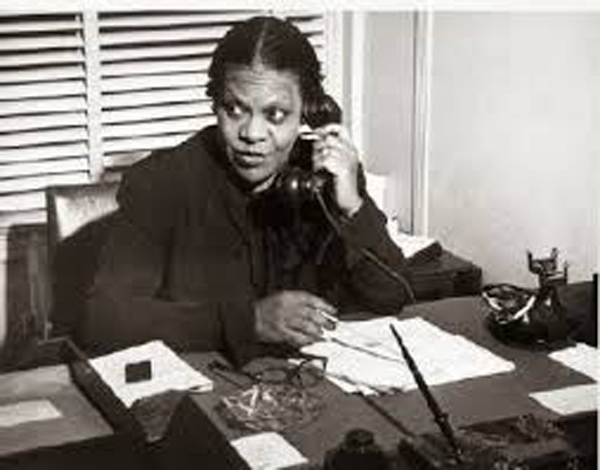



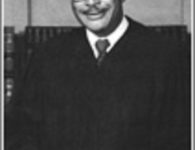
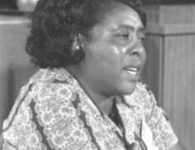
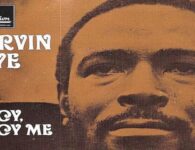
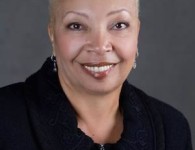
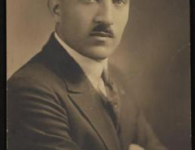
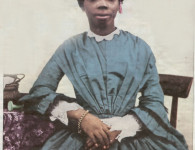

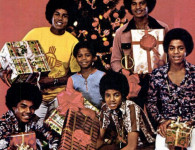
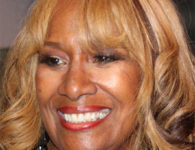
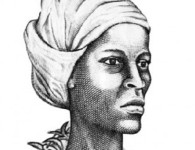
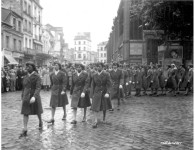
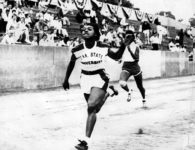


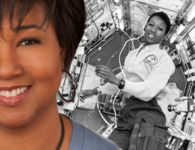

1 Comment
Amazing how none of the police seemed to know ANYTHING about these operations (80 brothels!!)! If I had any way to prove it I would bet every cop on the beat
had money in his pockets from these operations.